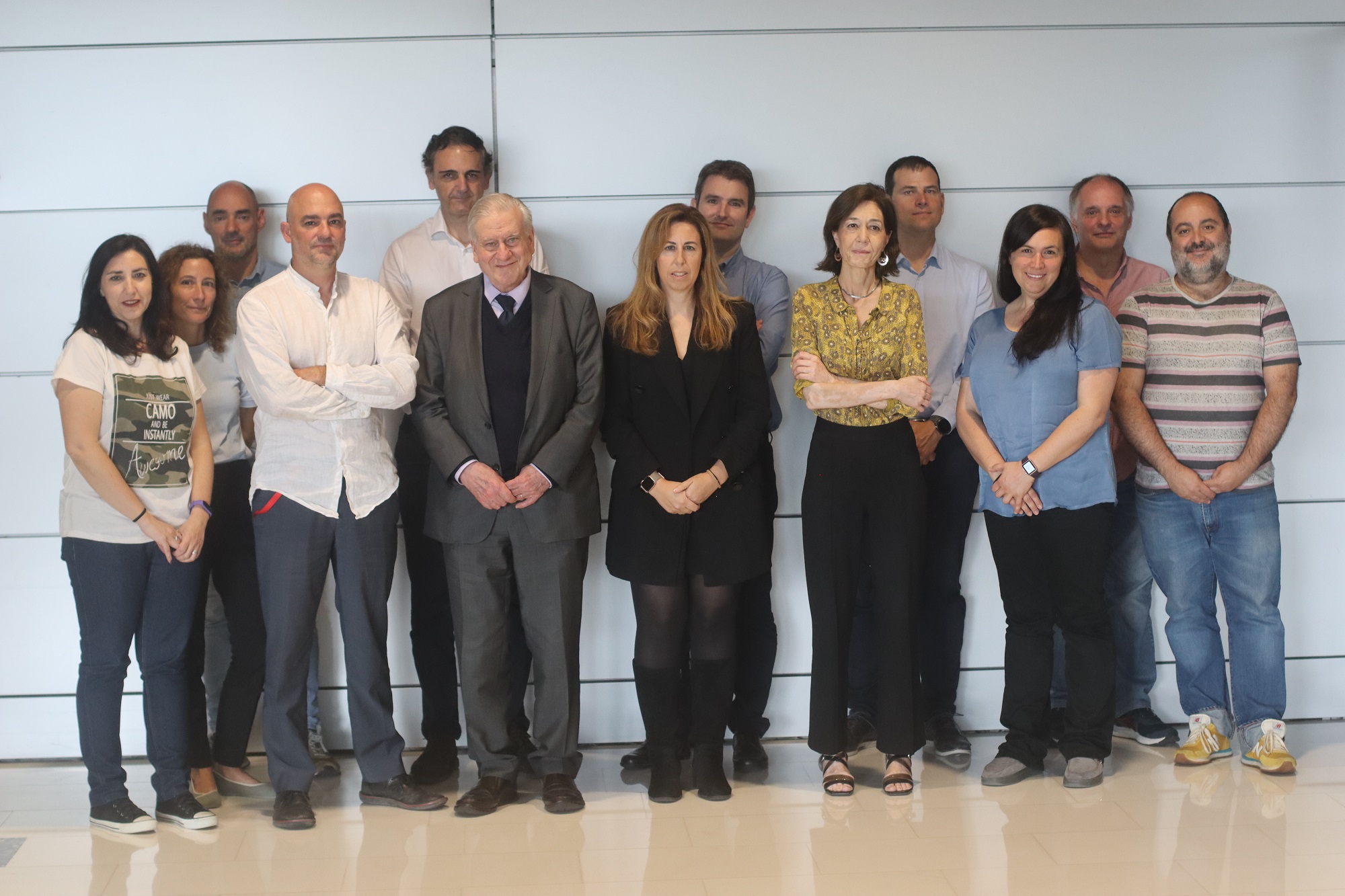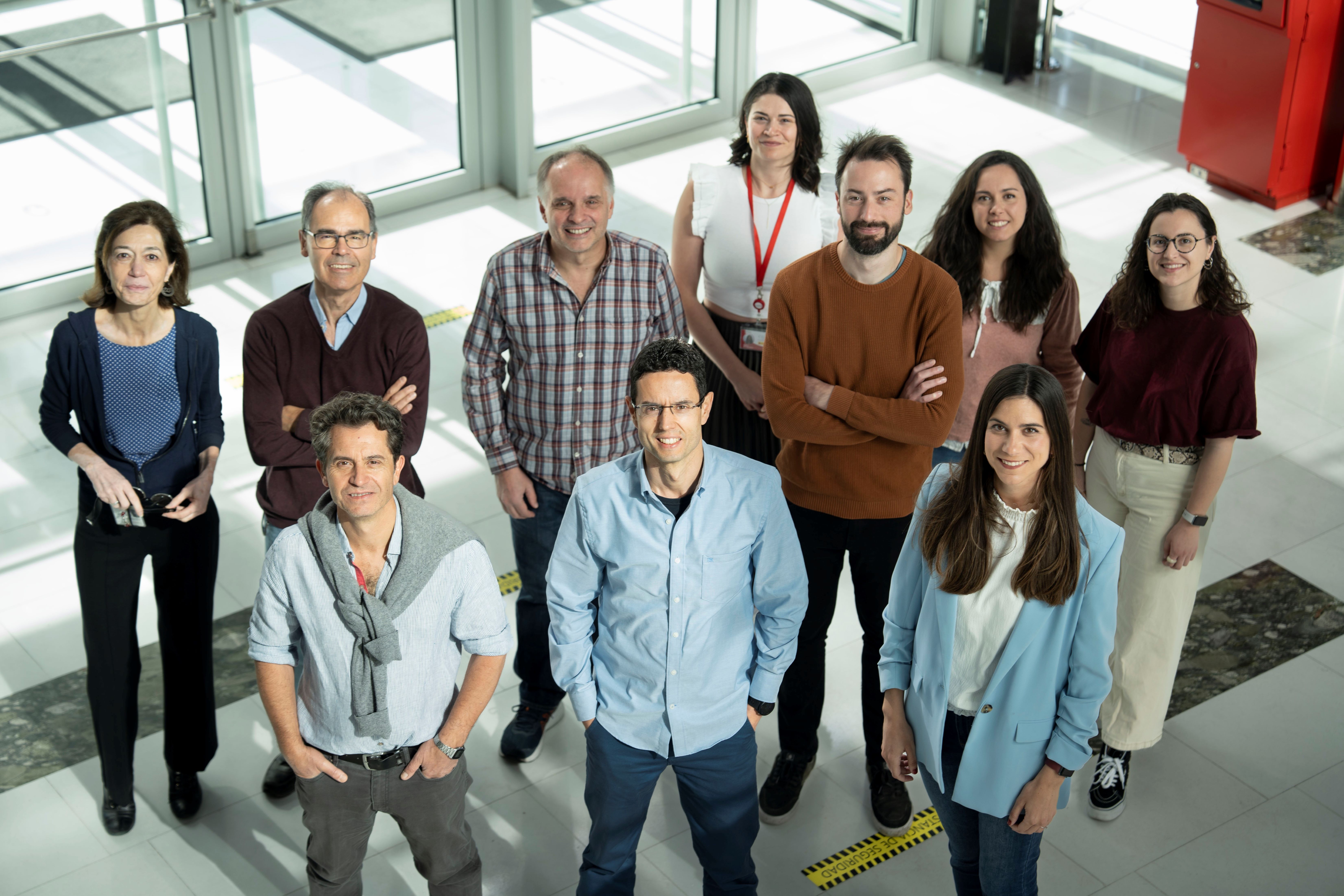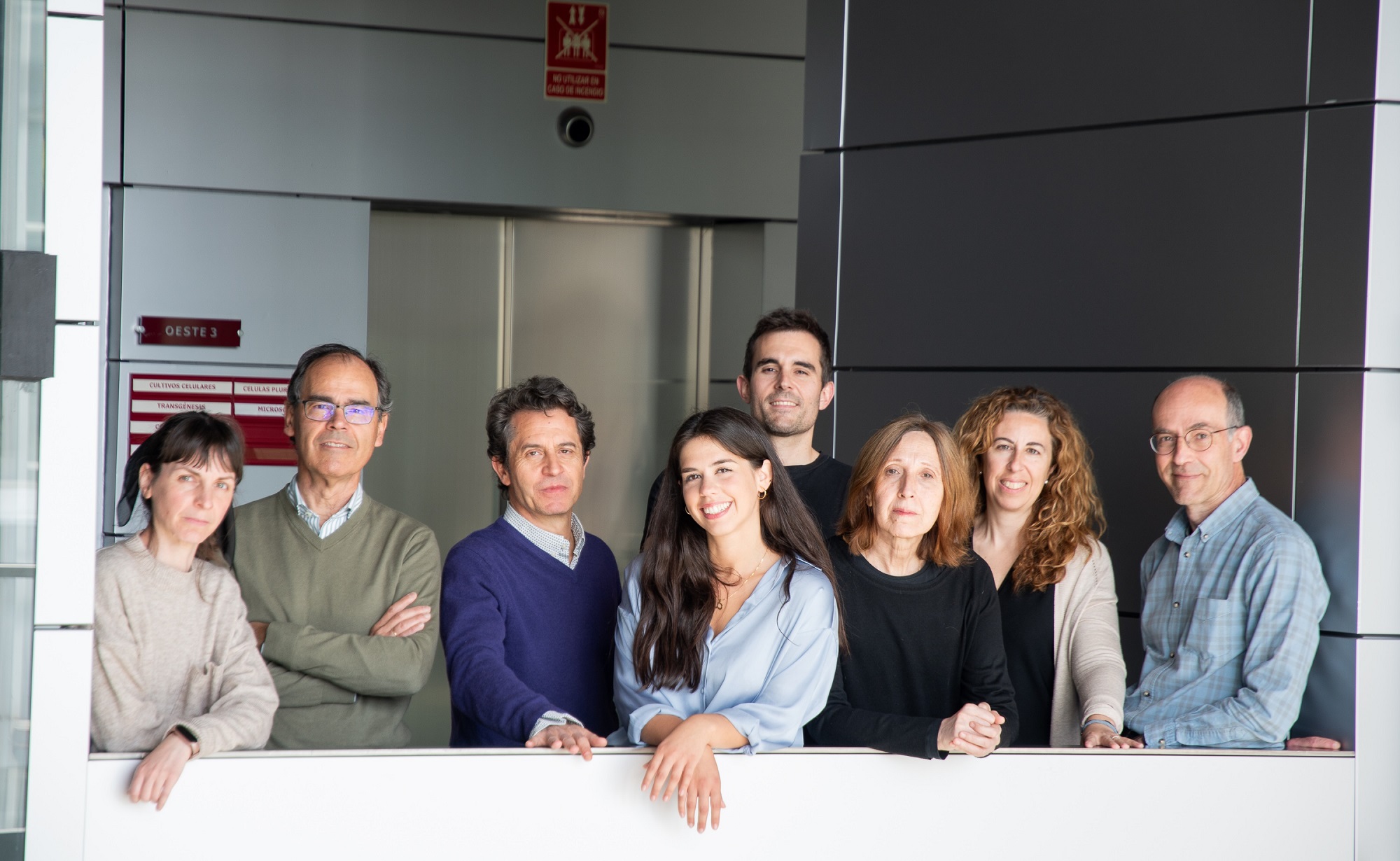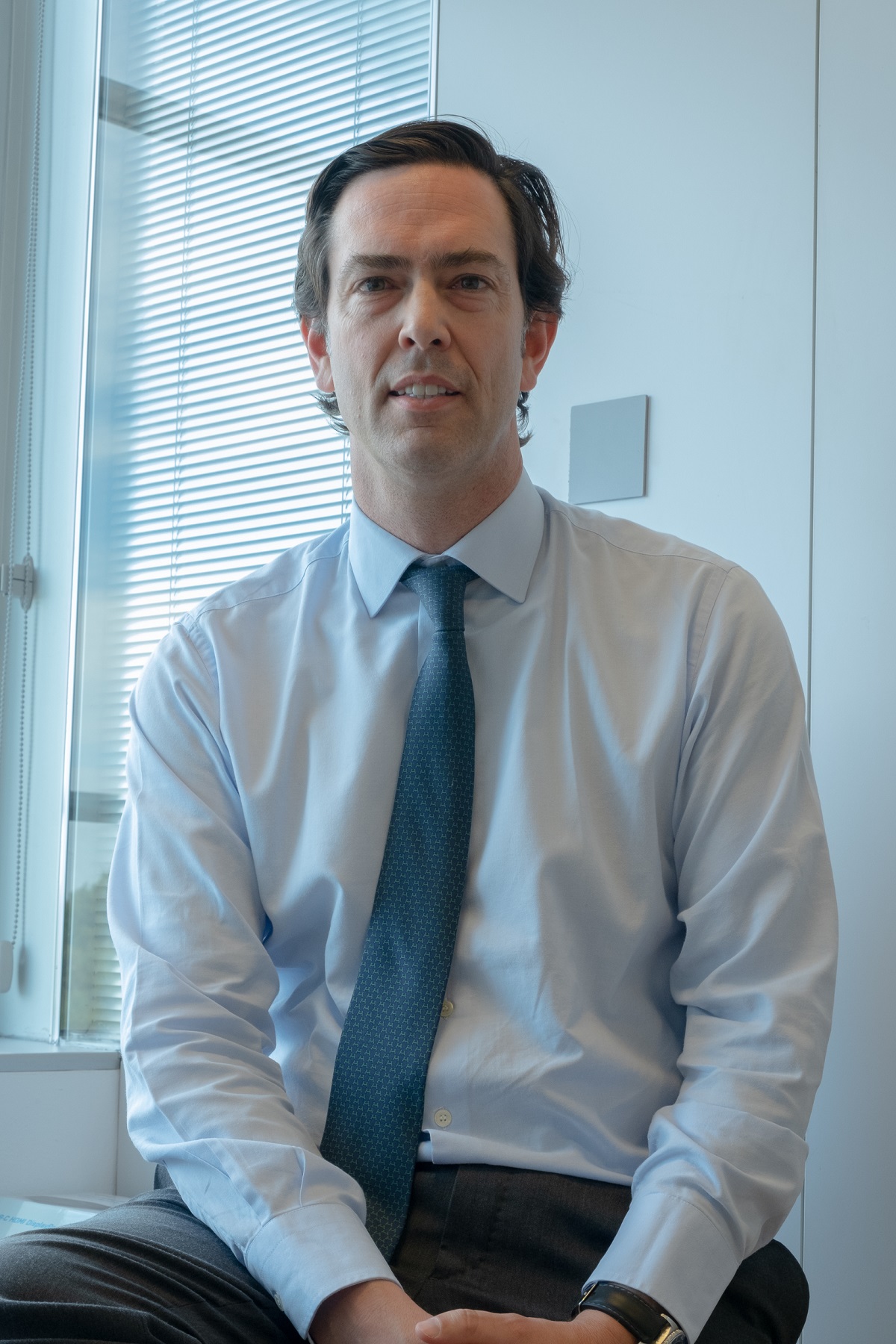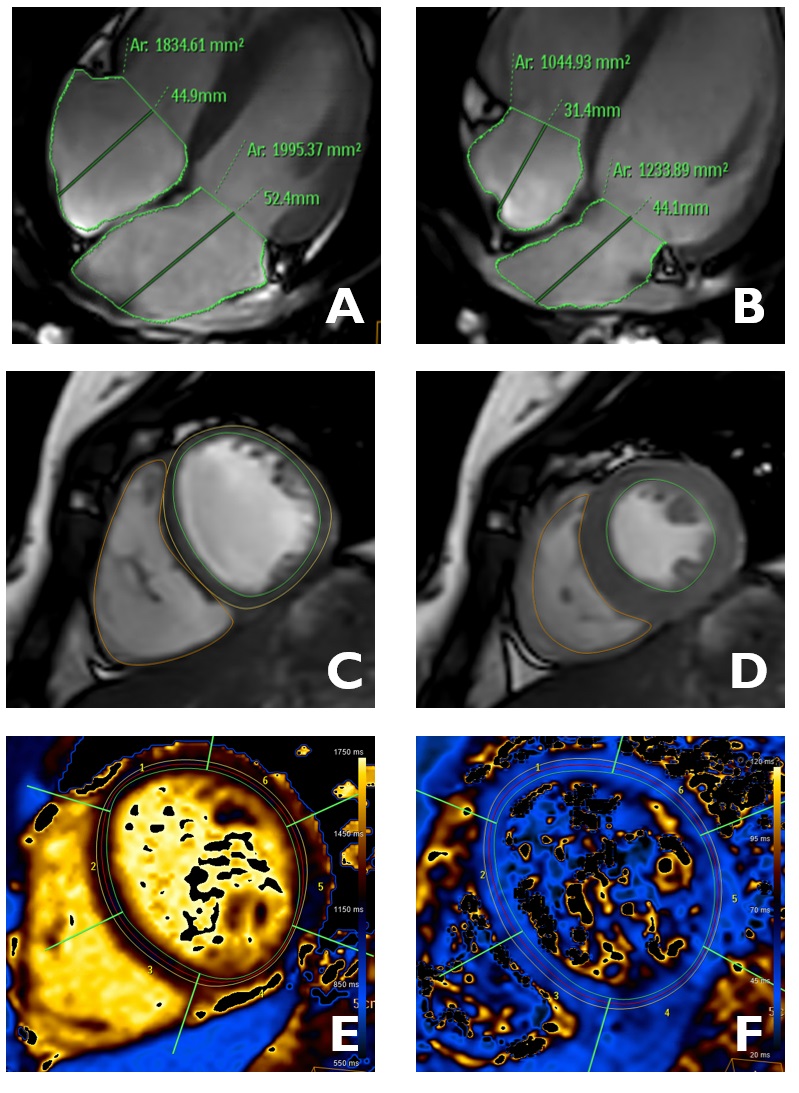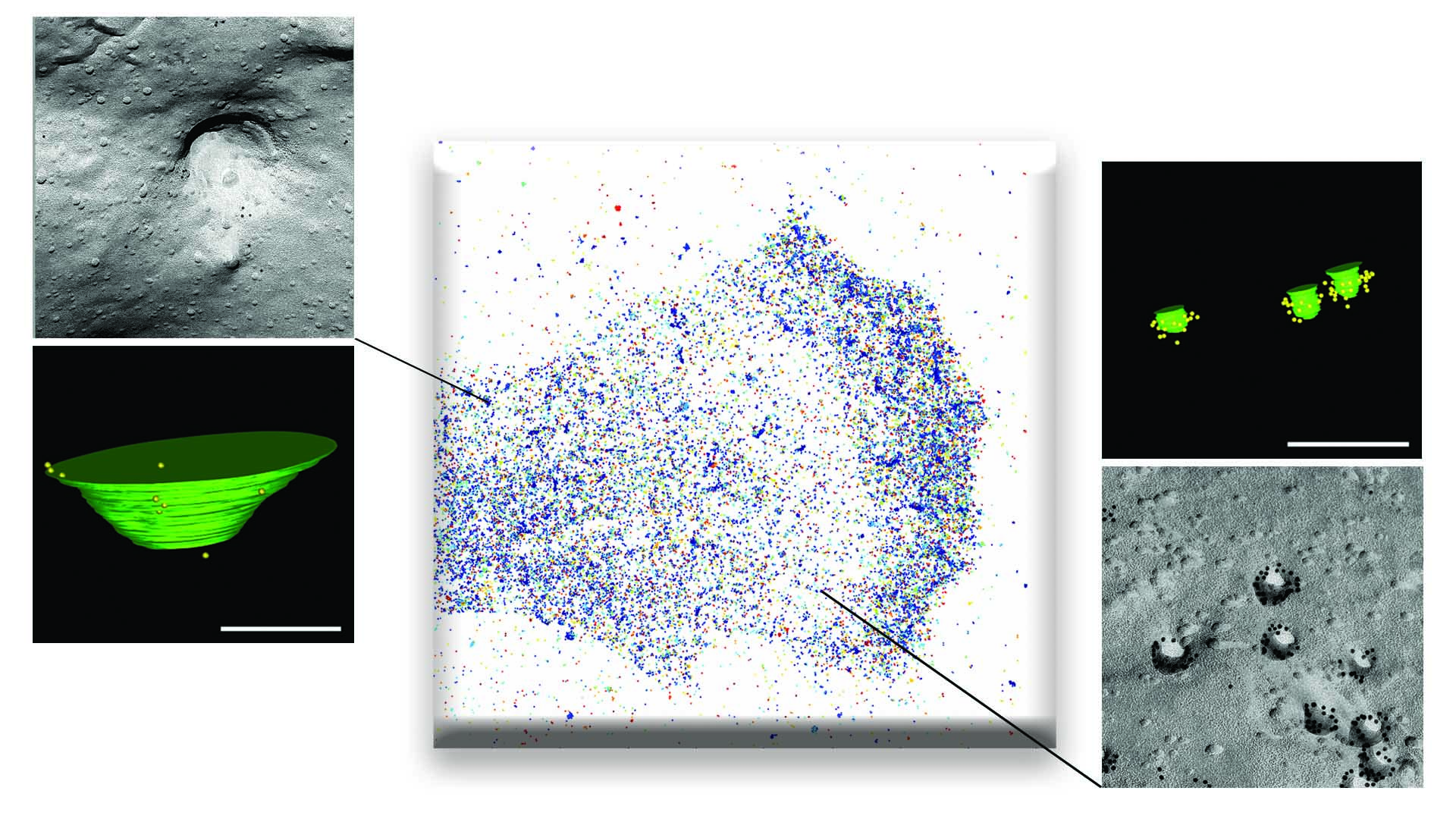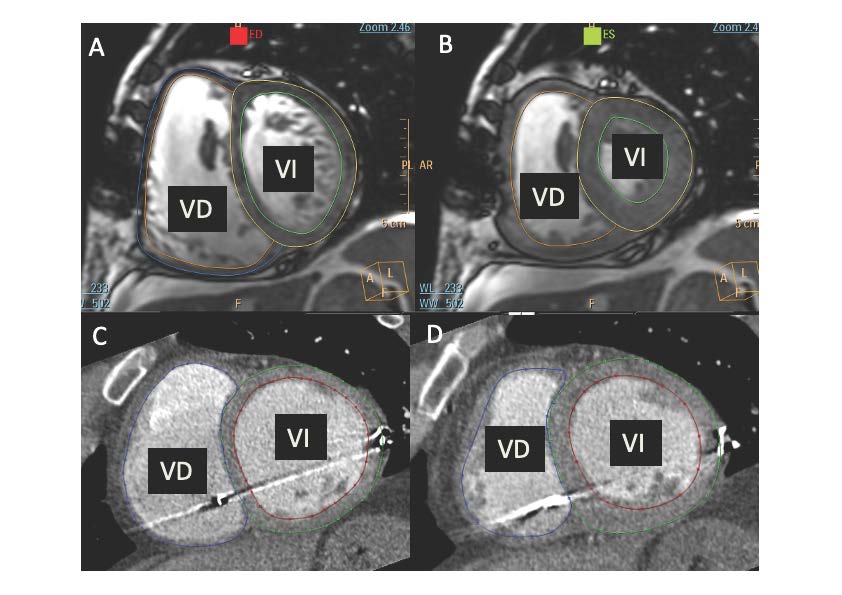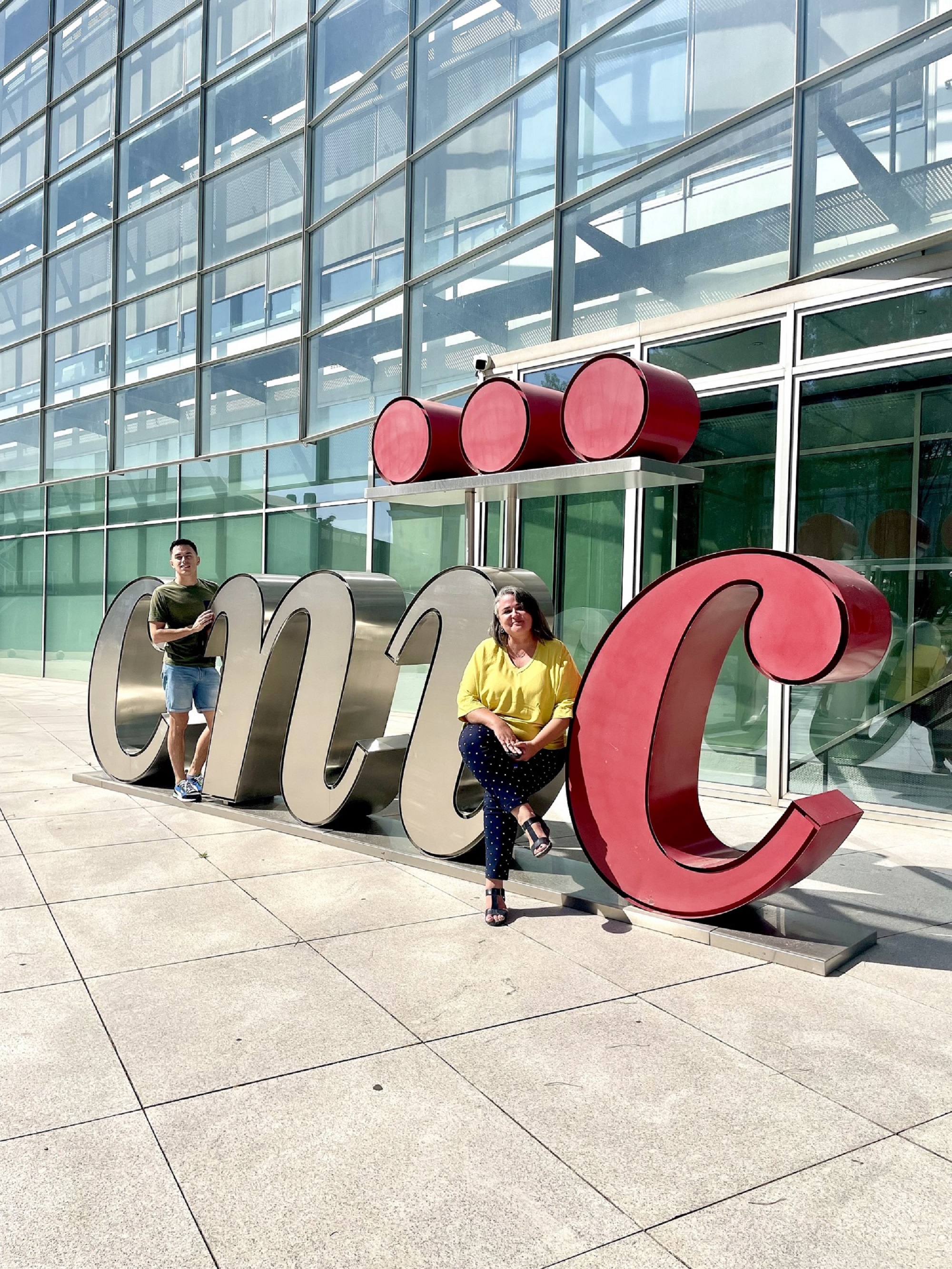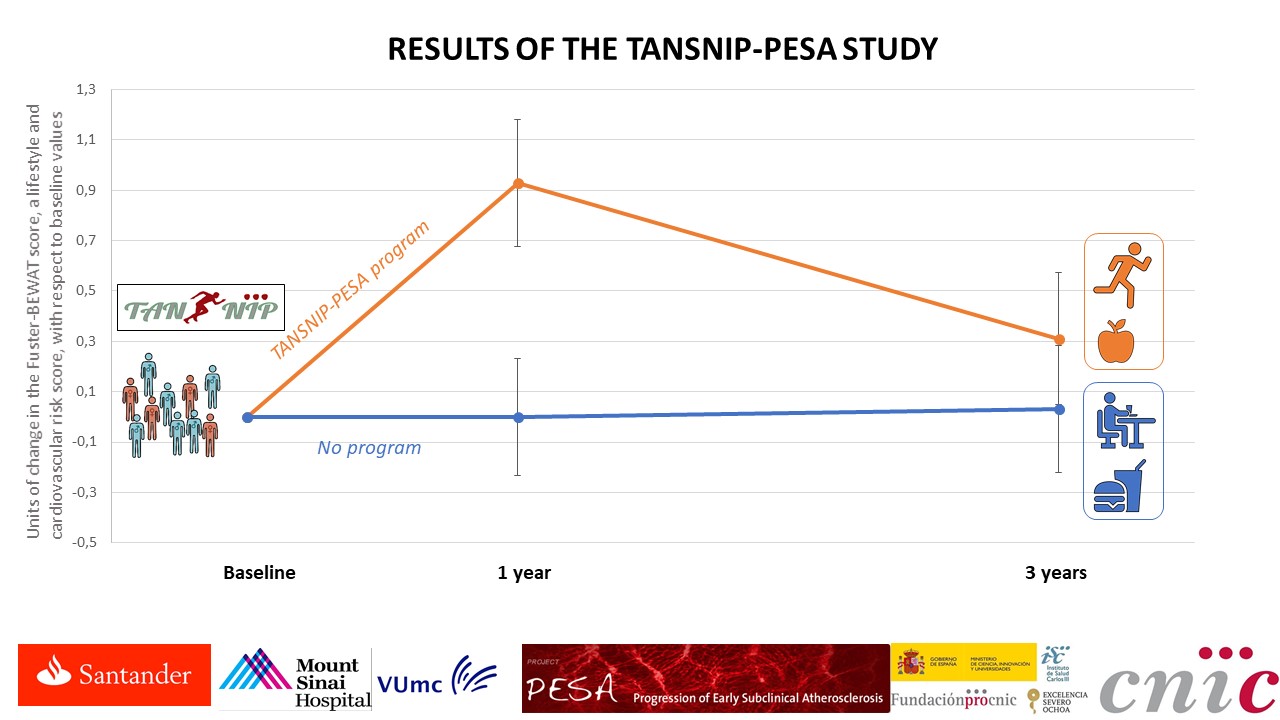News search
|
Research 21 Jun 2023 A new CNIC study shows that low-grade systemic inflammation triggered by subcinical atherosclerosis accelerates epigenetic aging in otherwise healthy young individuals |
|
Research 29 May 2023 The new study, published in Nature Cardiovascular Research, will help to select the most effective and safe way to modulate angiogenesis in ischemic tissues or in cancer |
|
Research 24 May 2023 A study by CNIC researchers published in Nature has found that the omega-6 fatty acid gamma-linolenic acid (GLA), present in breast milk, plays an essential role in ensuring the proper functioning of the heart after birth |
|
Research 21 May 2023 The team led by Dr. Pablo García-Pavía, based at the CNIC and Hospital Puerta de Hierro, has published the first study of a drug able to remove amyloid deposits from the heart |
|
Research 3 Mar 2023 The results, published in eClinicalMedicine, have direct implications for clinical practice by providing a list of reference values for a multitude of cardiac parameters used in daily practice |
|
Research 23 Dec 2022 A study published in Nature Cell Biology confirms that caveolae are essential for the mechanical responses of tissues subject to large mechanical forces (such as muscle, heart, blood vessels, and fat), whereas larger membrane depressions (termed 'dolines') are important for the response to weak or medium-strength forces |
|
Research 12 Dec 2022 The results of the SPHERE-HF study are published in the European Journal of Heart Failure. SPHERE-HF is a multicenter academic clinical trial led by investigators at the Centro Nacional de Investigaciones Cardiovasculares (CNIC) and Hospital Clínic de Barcelona |
|
Research 29 Nov 2022 The experimental study, led by researchers at the CNIC, shows that boosting the expression of this adrenalin receptor in heart cells improves mitochondrial function in the heart |
|
About the CNIC 2 Nov 2022 A new study defines a mechanism that regulates inflammation after a myocardial infarction, opening a path to the use of the receptor |
|
Research 26 Jul 2022 Adherence to a workplace cardiovascular health-promotion program improves lifestyle and risk factors in healthy individuals |
- ‹ previous
- 5 of 10
- next ›
